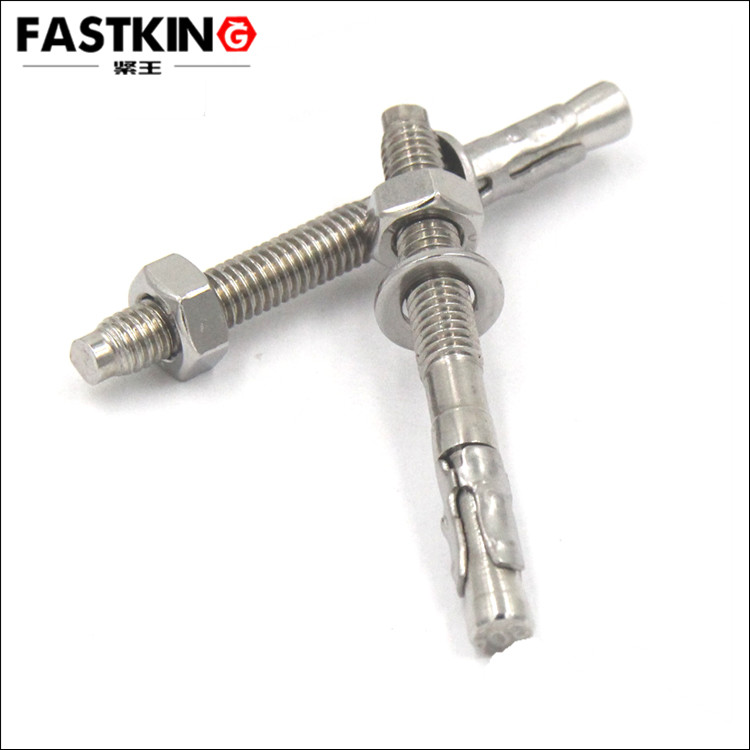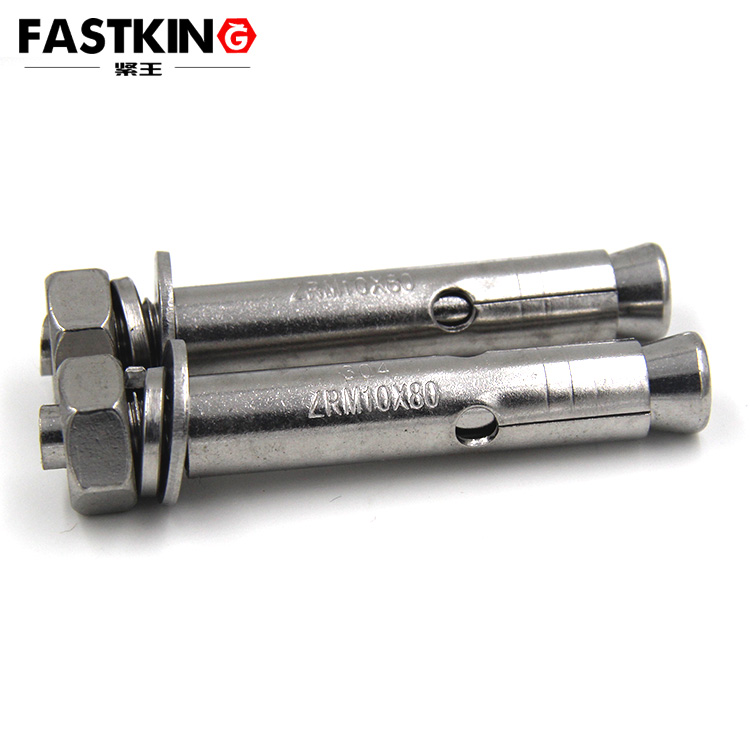- ZHUHAI JIALI HARDWARE CO.,LTD.
- +86-756-8586520
Usage of Wall plug

1、 Punching holes on the wall
First, determine the model and material of the Wall plug according to the use scene, and how many holes need to be punched for the expansion part. For example, size 8 uses an 8mm drill bit. Generally, screws are directly used for wood, Wall plug are used for brick walls and cement walls, and aircraft Wall plug are used for gypsum walls, hollow walls, etc. When drilling holes on the wall, attention should be paid to avoiding possible circuits, waterways, steel bars, etc. inside the wall.A flashlight can hit wood and brick walls, but not cement walls. Impact drills can hit brick walls, but cement walls can be more laborious. Electric hammers can hit cement walls. Special drill bits should be used for drilling ceramic tiles and glass, and the flat drill mode must be used instead of the impact mode, otherwise it will definitely crack. When choosing a place where the back door is not empty, one must be extremely careful when having to choose an empty place. When positioning the hole, adhesive tape can be applied first to prevent slipping, and the entire process can be watered to cool down. If it overheats, the ceramic tile will also burst.
After drilling, clean the dust inside the hole and blow it out with a straw or leather spoon.
 2、 Using screws
2、 Using screwsAs long as the hole size is appropriate, directly insert the expansion part. If it is tight, you can slowly hammer it in with a hammer. Try not to enlarge the hole again, otherwise the fixation effect will deteriorate. If the hole is enlarged, it is necessary to use a larger expansion bolt or wrap a sturdy object around the smaller screw to tightly fit it into the hole. If the wall is too soft or the hole is too large for repair, you can use a larger wooden wedge to drive it into the hole. After it is strong, remove the protruding part of the wall and directly screw it onto the wood, which also has a very good fixing effect.

3、 Demolition
The plastic expansion bolt is usually screwed out in the opposite direction. The expansion part can be directly clamped out of the wall with Needle-nose pliers, and gently rotated as far as possible to avoid wall falling around the wall. Generally, the metal expansion bolt shall be slightly hit in twice with a hammer, and the screw shall be screwed out in the opposite direction, and then the expansion part shall be taken out by gently rotating with Needle-nose pliers.PS: Special reminder, safety protection should be taken when working.
Try to wear work gloves as much as possible. I just didn't wear gloves, and when I tightened the screws, my hand slipped and rubbed off a layer of skin on the back of my knuckles, making it inconvenient to take a shower. When using an electric hammer, there may be hard objects such as steel bars inside the wall, which can easily cause the machine to reverse and injure people when the drill bit gets stuck. Be sure to hold the machine firmly and maintain the body's center of gravity. Now all new machines have insurance, and if they get stuck, they will trip and idle, which is much safer. The hexagonal Wall plug is fastened, and the ring wrench can work wonders when the open end wrench is not easy to unfold due to the small working space.
